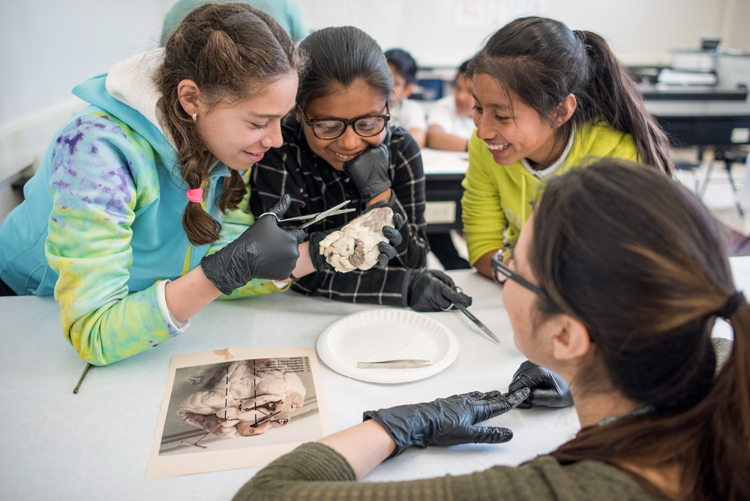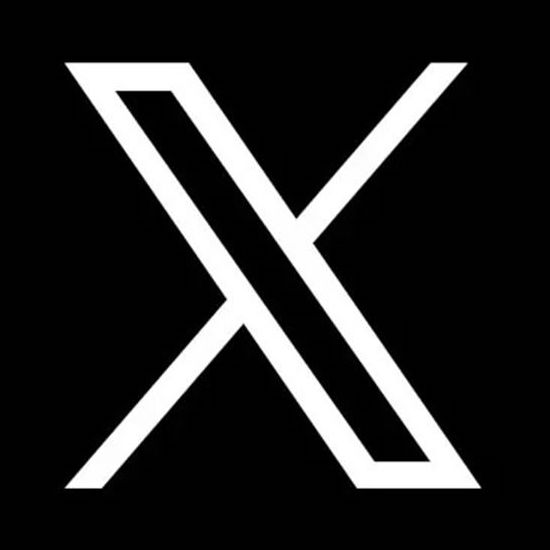
By Sarah Paris
The goal of precision medicine is to bring better care to everyone. For a public institution such as UCSF, this work begins at home. To be effective in bringing care and resources to local communities requires broad and deep engagement that builds trust over time. UCSF has built foundational partnerships with numerous local community organizations in addition to its historic connection with the San Francisco Department of Public Health (SFDPH).
Together at the Frontlines of the Pandemic
The COVID-19 pandemic demonstrated once again the necessity of establishing partnerships with the community before an emergency arises. Effective collaborations are built on trust and understanding arising from respectful dialogue between community knowledge holders and institutional service providers. When the pandemic hit, UCSF was able to draw on a number of existing relationships and initiatives, as well as establish new ones. A few examples:
- The 142-year-old affiliation between UCSF and the City’s public hospital is the core and foundation for outreach to the most vulnerable communities. As part of the San Francisco Health Network, the hospital and its UCSF physicians are uniquely positioned to deliver vaccines to the communities that have experienced the highest burden of COVID-19 disease.
- UCSF also partnered with the City to launch its first high-volume, drive-through vaccination site at City College.
- The UCSF Cancer Center’s Office of Community Engagement has built trusted partnerships through its 15-year old Community Advisory Board (CAB). When the pandemic hit, these relationships spawned San Francisco’s first neighborhood pop-up testing site in Sunnydale. That project, and additional CAB partnerships, laid the foundation for Umoja Health, a multi-organizational effort to increase testing, vaccination, and engagement of Black and African American communities in Alameda and San Mateo.
- Unidos en Salud, a partnership with the Latino Task Force and the City, deployed testing for all comers at a Mission district Muni/BART station, and gathered data that showed the dramatically higher burden of disease experienced by the Latino community. The same partners are now focused on rolling out vaccines directly to the most affected areas.
- Since 2005, UCSF’s Center for Community Engagement has coordinated and supported existing partnerships between UCSF and San Francisco-based community organizations and facilitated new ones. Its Covid Resources page provides resources to the community, including webinars produced in partnership with the UCSF Latinx Center for Excellence.
- The CTSI Community Engagement & Health Policy Program bridges academic research, health policy and community practice to improve public health. Among its initiatives is the COVID-19 Research Patient and Community Advisory Board, formed in May 2020 to provide an easily accessible and efficient way to help UCSF researchers obtain patient and community stakeholder input for their research projects.
- A team of community partners (Instituto Familiar de la Raza, NICOS Chinese Health Coalition, and Rafiki Coalition for Health and Wellness) and UCSF staff and faculty form part of the California-wide Share, Trust, Organize, Partner COVID-19 California Alliance (STOP COVID-19 CA) to develop best practices for culturally tailored systems and strategies for vaccinating ethnic and racial communities with the lowest COVID vaccination rates.
"Engagement with government officials has greatly enhanced our success. Changes in local health policy allowed us to set up testing in locations that had previously been overlooked and helped us reach community members living in some of the hardest hit communities in East Oakland, who might otherwise not have had access to testing," said Kim Rhoads, MD, MPH, associate professor of epidemiology and biostatistics, who has spearheaded UCSF’s engagement in Black and other underserved communities.
An essential element of UCSF’s mission is to serve the full spectrum of San Francisco’s incredibly diverse population. In doing so, we are at the same time accumulating a rich trove of data that will advance us toward precision medicine for all.
Keith Yamamoto, PhD, vice chancellor for Science Policy Strategy and director of UCSF Precision Medicine.
Data Feeds Knowledge
Precision medicine encompasses precision population health approaches where data gathered in the process of testing, treating, and vaccinating diverse populations are continuously fed back to health providers, public health officials and researchers to optimize strategies, target the most at-risk populations and begin to link social determinants of health to medical data.
Some of this information can be accessed freely via the UCSF Health Atlas, which captures layers of health and socio-economic data down to the census tract level. The Health Atlas is constantly updated, including with data related to the pandemic.
Conveying Science to Local Government
Armed with relevant data, UCSF experts have worked closely with municipal agencies to help implement sound health policy and advise public health officials and leadership. Some examples:
- As co-chair of San Francisco’s Sugary Drinks Distributor Tax Advisory Committee, UCSF’s Roberto Ariel Vargas, MPH, contributed a decade of national experience to reduce consumption of sugary drinks and increase access to and consumption of clean drinking water. He now has passed the torch on to two UCSF colleagues, Diana Lau, RN, MS, CNS, and Abby Cabrera.
- Mark Leary, MD, a ZSFG emergency psychiatrist, works with the SFDPH and the SF Office of the Conservator to implement the Community Independence Pilot Project (CIPP), an innovative program designed to allow patients to receive treatment in the community rather than in a locked treatment setting.
- UCSF Chancellor Sam Hawgood meets regularly with San Francisco Mayor London Breed to discuss how UCSF and the City can collaborate most effectively to improve public health.
- Kim Rhoads, MD, MPH, sits on the Alameda County COVID-19 Racial Disparities task force and has worked with Oakland Mayor Libby Schaaf to consolidate the distribution of vaccines.
SFCAN: Fighting the Cancers Most Prevalent in the Community
A number of local policy initiatives have expanded statewide and even nationally. One of the successes of the San Francisco Cancer Initiative (SF CAN), a UCSF-sponsored collaboration with the SFDPH and other local health institutions, was the city-wide, comprehensive ban on flavored tobacco products. Since its implementation, the ban has been extended statewide and risen to national impact.
Many other guidelines developed by SF CAN to address the most common cancers on the community level have been disseminated to public health organizations beyond the Bay Area. Its integrated, cross-sectoral, population-based, community-engaged approach has become a model for other cancer centers across the country.
Educating the Next Generation at Mission Bay
The UCSF Science and Health Education Partnership (SEP) and the Center for Science, Education and Outreach( CSEO) have for decades brought innovative teaching, research internships, and exposure to health careers to San Francisco youth to spark their interest in science. Now UCSF is in the process to transfer a 2.2-acre parcel of land at Mission Bay (Block 14) to the SF Unified School District to create an elementary school with unique opportunities for STEM education. SEP will provide teacher training and field trips, including exposure to the science community at Mission Bay. The school, situated in a community with a large proportion of people of color, will expose children from diverse backgrounds to the possibilities of careers in science.

In addition to the elementary school, Block 14 will have a Linked Learning Hub for high school students focused on the health sciences. CSEO will be coordinating opportunities for these students to learn in UCSF labs and for UCSF volunteers to support student learning at Mission Bay.
